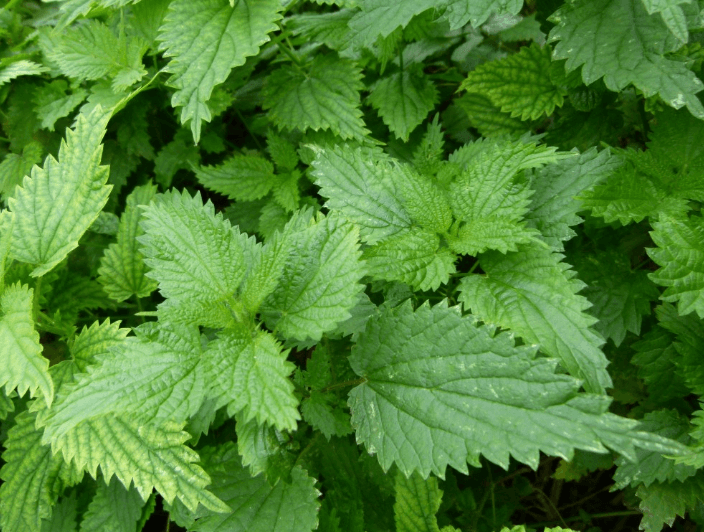Psoriasis
Definition:
Psoriasis is a common skin condition that changes the life cycle of skin cells. Psoriasis causes cells to build up rapidly on the surface of the skin. The extra skin cells form thick, silvery scales and itchy, dry, red patches that are sometimes painful.
Signs & Symptoms:
Psoriasis signs and symptoms can vary from person to person but may include one or more of the following:
Red patches of skin covered with silvery scales
Small scaling spots (commonly seen in children)
Dry, cracked skin that may bleed
Itching, burning or soreness
Thickened, pitted or ridged nails
Swollen and stiff joints
Psoriasis patches can range from a few spots of dandruff-like scaling to major eruptions that cover large areas.
Most types of psoriasis go through cycles, flaring for a few weeks or months, then subsiding for a time or even going into complete remission.
Cause:
The cause of psoriasis isn’t fully known, but it’s thought to be related to an immune system problem with cells in your body. More specifically, one key cell is a type of white blood cell called a T lymphocyte or T cell. Normally, T cells travel throughout the body to detect and fight off foreign substances, such as viruses or bacteria. If you have psoriasis, however, the T cells attack healthy skin cells by mistake, as if to heal a wound or to fight an infection.
Overactive T cells trigger other immune responses. The effects include dilation of blood vessels in the skin around the plaques and an increase in other white blood cells that can enter the outer layer of skin. These changes result in an increased production of both healthy skin cells and more T cells and other white blood cells. This causes an ongoing cycle in which new skin cells move to the outermost layer of skin too quickly in days rather than weeks. Dead skin and white blood cells can’t slough off quickly enough and build up in thick, scaly patches on the skin’s surface. This usually doesn’t stop unless treatment interrupts the cycle.
Just what causes T cells to malfunction in people with psoriasis isn’t entirely clear. Researchers have found genes that are linked to the development of psoriasis, but environmental factors also play a role.
How To Cure:
- Dietary supplements
Dietary supplements may help ease psoriasis symptoms from the inside. Fish oil, vitamin D, milk thistle, aloe vera, Oregon grape, and evening primrose oil have been reported to help ease mild symptoms of psoriasis, according to the National Psoriasis Foundation. It’s important to only take supplements that dont interfere with other pre-existing conditions you may have.
- Prevent dry skin
Use a humidifier to keep the air in your home or office moist. It can prevent dry skin before it starts. Sensitive skin moisturizers are also great at keeping your skin supple and from forming plaques.
- Avoid fragrances
Most soaps and perfumes have dyes and other chemicals in them that may irritate your skin. Sure, they can make you smell great but they also can inflame psoriasis. Avoid such products when you can, or choose those with sensitive skin labels.
- Eat healthfully
Diet may play a role in managing psoriasis. Eliminating red meat and fatty snacks may help reduce flare-ups that can be triggered by such foods. Cold water fish, seeds, nuts, and omega-3 fatty acids are known for their ability to reduce inflammation. This can be helpful for managing psoriasis symptoms. Olive oil may also have soothing benefits when applied topically to the skin. Try massaging a few tablespoons on your scalp to help loosen troublesome plaques during your next shower.


